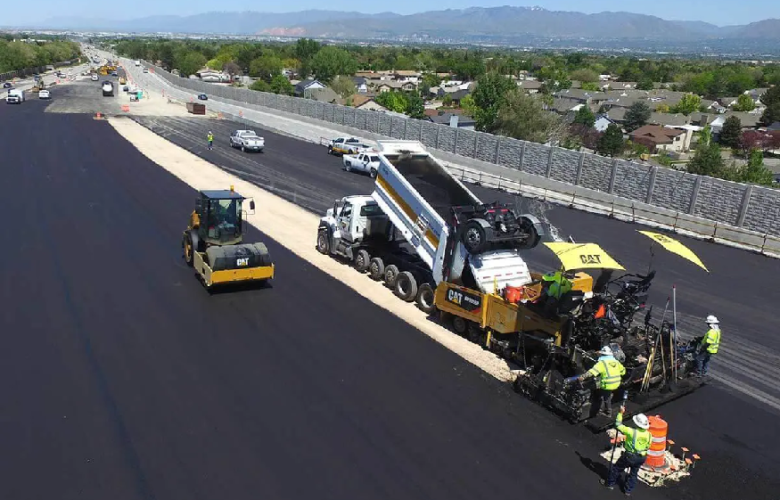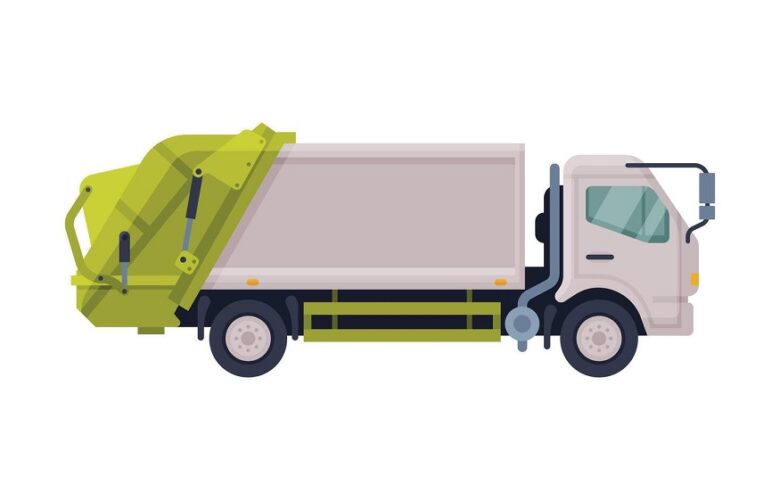Loans, whether they are purchased or refinanced, need a long to-do list. If steps in the chain can’t happen, the ability to get a loan is jeopardized. Shutdowns cause by the Coronavirus Disease-19 threaten to break various links in the mortgage chain. We will take a closer look at some risks for one segment of the housing industry: mortgage refinancing.
At a combined level, the inability to remortgage a loan undermines the effectiveness of a financial policy. One way to lower interest rates is through remortgaging. What is the purpose of the government reducing a short-term rate to zero and purchasing hundreds of billing of loans to lower interest rates if individuals can’t functionally access loans?
Moreover, the call for cash-out remortgages is likely to increase significantly, given the combination of low-interest rates (IRs), massive income losses, as well as the increase in property equity over the past years. People look to their most significant source of income, their property equity nest, to buffer against unforeseen and massive economic shocks.
The inability to remortgage limits properties’ ability to cope with the current economic crisis. It is pretty essential when significant parts of the country’s economy are shut down and millions of individuals are losing their jobs; property equity is one of the few places homeowners can find funds to make it through these challenging times.
For any loans to happen, including a remortgage, various steps need to take place like title searches, applicant employment, appraisals, income verification, closings, notarization, as well as county recordation offices. COVID-19 poses unforeseen and new threats. For instance, if a clerk’s recordation office needs to file physical documents for final recordation, and the clerk’s office is closed, loans can’t become official.
The impact of COVID-19 differs geographically, as some places and lending firms have systems that work in these environments, while others will not. Even if many financial institutions sail through the process, others will be forced to experience the inability to process that grows longer as the pandemic continues. We will take a look at some possible disruptions and possible policy solutions for each:
Title searches
Clear titles are needed for real estate transactions like refinancing or remortgaging. Title searches are examinations of public records to find out and confirm properties’ legal ownership, as well as to find out whether there are competing liens on these properties. It needs up-to-date information on the status of said properties.
Why title search is important? Visit this site for more details.
With a lot of assessor’s offices under quarantines or are shut down, details about land titles can’t be processed or updated. More or less 2,000 of the 3,600 municipal jurisdictions that track or record titles allow details up to the date of the COVID-19 shutdowns to be searched on the Internet.
For these places, the risk of disclosure is from the date of title searches to the date the new loan is recorded. It is imperative to realize that there is always a tiny gap; gap insurances are usually included as part of title insurance policies. A lot of insurance firms have extended the opening from sixty days to ninety days, requiring firms to bear more risks.
And even ninety days may prove insufficient in the days to come. For jurisdictions that do not have electronic title searches, the issues with how to look for titles are more significant. These places are more likely to be sparsely populated or more rural compared to ten percent of possible loan remortgages. If these places close their offices, and a lot already have, a title search can’t be completed; individuals planning to apply for a loan is unable to refinance.
The bottom line is, most title searches can be carried out, but a lot of places cannot. One solution for this is to allow appropriate title insurance policies to remain enforced for remortgages. It would apply to all remortgaging, both term or rate and cash outs, closed during COVID-19. Titles companies will bear a small amount of additional risk on their client’s insurance if the remortgaging are cash outs.
The logic is pretty simple: If the ownership of the property is not changing hands, and there are attestations by borrowers that no new loans have been put in place, there are few additional threats involved. It begs separate questions as to why these things require new title insurance to start with, but that is a separate question for not-crisis times.
Application processing: Employment is verified
Remortgaging currently needs verbal verifications of employment, which can be pretty hard to get in this environment when a lot of companies are hard to reach by phone or are closed because of the pandemic. To their credit, some firms have provided additional flexibility by allowing electronic mails from companies that identify the title, name, or the verified, as well as the borrower’s current employment status and name.
Verifications of employment can also be encountered by the use of current pay stubs or bank statements. Not only that, lenders and other financial institutions may obtain employment verifications up to the time of mortgage delivery. We see this as a crucial step and one that financial institutions will want to copy on all remortgaging.
There is one more item that financial institutions are asked to verify in today’s environment: continuity of cash flow. Firms are now asking their lending firms to do some research to make sure that any disruption to people’s employment, self-employment, or cash flow because of the Coronavirus Disease-19 is not expected to impact their ability to pay their loans significantly.
It puts a considerable burden on lending firms, as it is unclear how firms would verify this. It may result in self-employed individuals having hard times receiving a remortgaging. Capping the risk to lending firms through warranty relief and representation would help.
The best solution is to remove this requirement on same-GSW or Government Sponsored Enterprise remortgages, as there are not additional dangers for Government Sponsored Enterprises. A lot of companies are also advocating the elimination of these requirements, as they are under the same conservatorships.
Appraisals
It can be pretty hard to get traditional appraisals in these surroundings. People are uncomfortable about letting professional appraisers in their houses, and these professionals are uncomfortable entering other people’s homes. Some firms usually offer appraisal waivers for low Loan-to-Value Ratio refinances under automated underwriting systems.
These firms refer to this as Property Inspector Waivers or Automated Collateral Evaluations. Both appear to have expanded the LTV range for these waivers. Not only that, they are allowing exterior only assessments for some company refinancing. Cash-out remortgages need conventional appraisals, which are guaranteed that they can’t be completed. It is usually pretty crucial in the Coronavirus Disease-19 pandemic, in which a lot of families are facing substantial financial losses and need to use their home equities.
The government recognizes the need to reach into a protected account, in which it temporarily removes the penalty for early withdrawals of 401Ks and other retirement accounts. Similar temporary adjustments to allow individuals to tap into their house equity, as well as refinansiering av kredittkort (credit card refinancing), would be a good decision.
Possible policy solutions
People should expand their current waiver programs to cover all Government-Sponsored Enterprises to Government-Sponsored Enterprises refinancing: the same Government-Sponsored Enterprises and cross Government-Sponsored Enterprises. Waivers need to apply to both cash-out remortgages and rate the term remortgages. Doesn’t cash-out remortgages increase the threat to Government-Sponsored Enterprises?
The answer is yes, but the increase is insignificant, as the max Loan-to-Value Ratio on cash-out refinances will allow homeowners to tap into existing home equity to weather the economic crisis. Because of this, it results in fewer individuals falling behind on their loan payments and minimizing forbearances.
Because of the pandemic, it is crucial to act as soon as possible; any individuals who are planning to get a refinancing can get forbearance by telling firms they experienced hardships. Still, once they enter onto forbearance, these individuals are no longer eligible to remortgage. A lot of borrowers may see cash-out refinances. It is an opportunity to tap into funds while looking in lower rates in some generations, as preferable to leniency.
Closing
One big problem with closing a refinancing is that most sellers and buyers are unwilling to let notaries inside their houses to sign closing papers. A lot of states don’t allow electronic notarizations – although it is changing as time goes by. For instance, New York permitted notaries to sign off the Internet. Now, more or less 23 states allow people to sign closing papers off the Internet.




